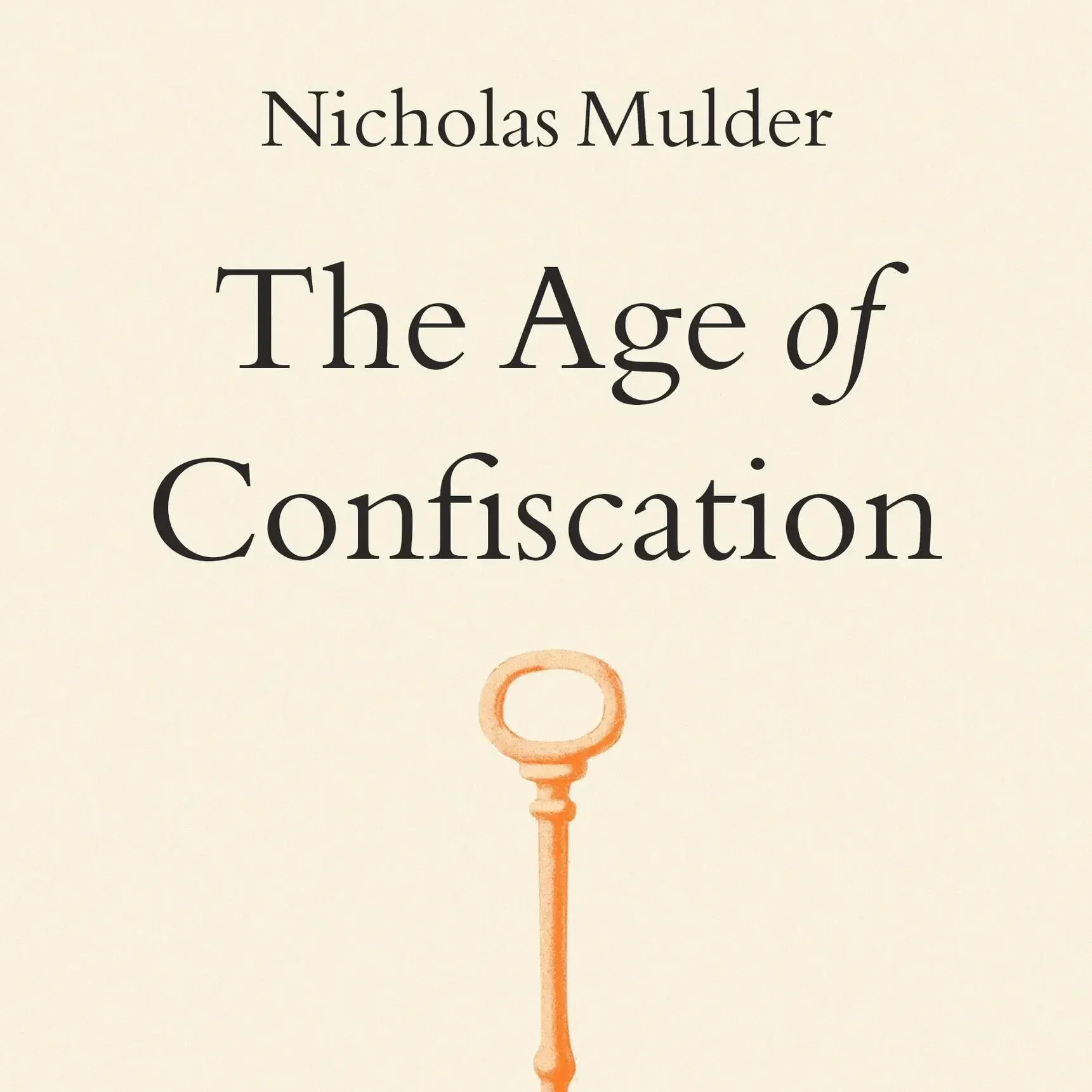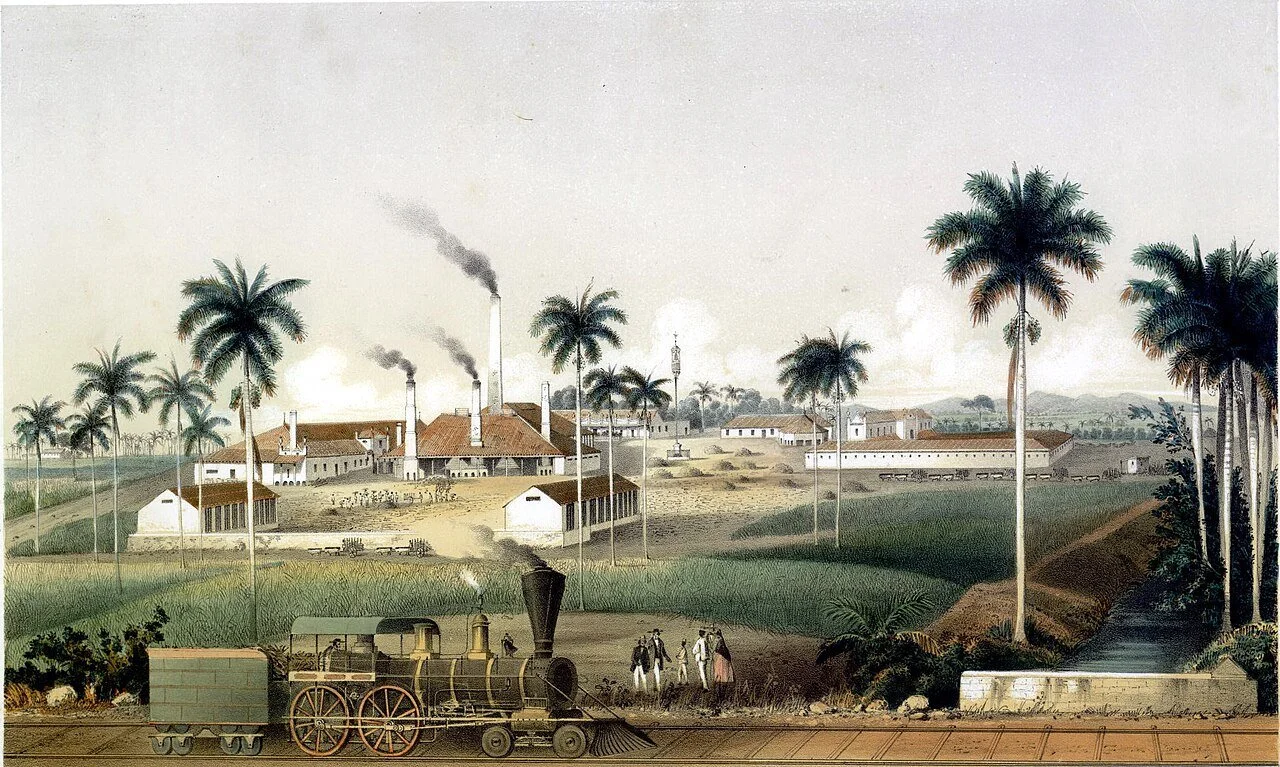
American Capitalism
in Comparative
and Global Perspective
The US Political Economy Lab engages with new research on political economy across disciplinary divides, drawing inspiration from historical work of other regions around the world.
We launched the United States Political Economy Lab in the spring of 2021 to nurture new interdisciplinary and comparative research on the history of American capitalism, with an emphasis on the long nineteenth century. Our goal was twofold: to allow historians to engage with new research on political economy across disciplinary divides and to encourage Americanists to rethink the history of U.S. by drawing inspiration from historical work on the political economy of other regions around the world - the Global South in particular.
We have since organized a workshop that meets regularly via Zoom, often with an in-person component, to discuss and develop new work. Alongside historians, we have hosted economists, sociologists, political scientists, and legal scholars. Our sessions have focused on places far afield, from the United States, Germany, and England to China, Brazil, Argentina, India, and the Middle East. Topics have ranged widely from Global Reconstruction to the origins of European industrialization, public debt in Latin America to property regimes in the Persian Gulf, the Chinese developmental state to the United States Federal Reserve.
We have co-organized conferences and other activities with various research institutions and journals. We hosted our first conference in May 2023 in Paris to discuss “The American Developmental State in Comparative Perspective.” In 2024, we organized 5 panels at the Social Science History Conference in Toronto on “Rethinking the Developmental State.” In 2025 we put out a call for papers for a special issue of The Journal of the Civil War Era on Politics, the State, and American Capitalism in the Civil War Era.
Over time, we are interested in cohering a group of historically-minded scholars that would re-energize research on the underpinnings of the American political economy from these innovative perspectives.




